The Politics and Philosophy of Chinese Power
The Politics and Philosophy of Chinese Power
The Timeless and the Timely
R. James Ferguson and Rosita Dellios
Lexington Books
Lanham Boulder New York London
Published by Lexington Books
An imprint of The Rowman & Littlefield Publishing Group, Inc.
4501 Forbes Boulevard, Suite 200, Lanham, Maryland 20706
www.rowman.com
Unit A, Whitacre Mews, 26-34 Stannary Street, London SE11 4AB
Copyright 2017 by Lexington Books
All rights reserved . No part of this book may be reproduced in any form or by any electronic or mechanical means, including information storage and retrieval systems, without written permission from the publisher, except by a reviewer who may quote passages in a review.
British Library Cataloguing in Publication Information Available
Library of Congress Cataloging-in-Publication Data
Names: Ferguson, R. James, author. | Dellios, Rosita, author.
Title: The politics and philosophy of Chinese power : the timeless and the timely / R. James Ferguson and Rosita Dellios.
Description: Lanham : Lexington Books [2017] | Includes bibliographical references.
Identifiers: LCCN 2016044792 | ISBN 9780739192948 (cloth : alk. paper) | ISBN 9780739192955 (electronic)
Subjects: LCSH: Political scienceChinaPhilosophy. | ChinaPolitics and government. | ChinaForeign relations.
Classification: LCC JA84.C6 F47 2017 | DDC 320.95101dc23
LC record available at https://lccn.loc.gov/2016044792
 The paper used in this publication meets the minimum requirements of American National Standard for Information SciencesPermanence of Paper for Printed Library Materials, ANSI/NISO Z39.48-1992.
The paper used in this publication meets the minimum requirements of American National Standard for Information SciencesPermanence of Paper for Printed Library Materials, ANSI/NISO Z39.48-1992.
Printed in the United States of America
Contents
Thanks are made to all our colleagues, including Dean Raoul Mortley and the International Relations team at Bond University, whose discussions and support have been invaluable. Acknowledgment is made to the Centre for East-West Cultural and Economic Studies (in the Faculty of Society and Design at Bond University) and to the Alan Chan Travelling Fellowship, which helped facilitate regular travel to China. This book would not have been possible without sustained dialogue with partners in China, including colleagues at the China Foreign Affairs University, Beijing Foreign Studies University, the Center for East-West Relations, and the members of the International Confucian Association, whose conferences and symposiums have been extremely informative.
Chinese thinkers, political elites, and Chinas increasingly informed society have continually grappled with the problem of power as governance. Whether domestically or internationally, they have been using the past to inform the present but have also mobilized new ideas as the countrys situation changes. Chinas intellectual world has a surprisingly pluralist legacy that can be drawn on today, even if one mix of doctrines is emphasized above others by particular governments. Thus, when Chinese thinkers assess the present, they can bring to bear their classical legacy, Marxism and socialism, Western political thought, and the newer formulations of neo-realism, liberal institutionalism, and constructivism. This is both an eclectic and dialectical process, invoking Chinese and Western thought to forge a vision of Chinas role in the twenty-first century. This multilayered reality has informed the methodology of this analysis, looking at key periods where attitudes to power evolved, but also showing their later legacies. In many cases ideas drawn from the past run alongside or influence later patterns of thought, even as different ideologies become dominant.
Power has become a crucial and even infamous concept in Western political analysis. Seen as the core aspect of politics and societal relations, it is viewed by various schools of realism as the touchstone of international relations. Since Niccol Machiavelli and Hans Morgenthau it has been touted as the basis of strategic decision-making and the central concept for politics, seen as beyond the restraints of morality, ethics, and religion. Seeming to be good, for Machiavelli, was a useful but unnecessary trapping, while for Morgenthau ideological and psychological persuasion were no more than secondary aspects of power. the twentieth century and the contest of superpowers in the Cold War, power was regarded as the coinage of global politics.
All this involved complex and dangerous assumptions. The exact measurement, development, and balancing of power were soon recognized as sophisticated tasks, needing to draw in a wide range of economic, demographic, military, and resource factors, as well as the realities of geopolitical location and historical experience. Hence, neorealism (structural realism), as well as related hegemonic theories, needed to use a diverse palate in their portrayal of power transitions, explaining different types of conflict and increasing international cooperation during the late twentieth century. Likewise, new analyses of societal relations suggested an urgent need to reassess the dominant discourse of power as itself a cause of conflict and exploitation, rather than a mere description of state behavior. Alternative approaches to power and its modalities have been seen as an urgent undertaking for the current period, as suggested by writers Michel Foucault, Alexander Wendt, Joseph Nye, Anna Bennett, and Michael Karlberg, as well as Chinese commentators including Yan Xuetong, Qin Yaqing, Wang Yizhou, Li Shenzhi, Shunji Cui, Yong Deng, Zhang Yunling, Lai-Ha Chan, Sheng Ding, Yuan-kang Wang, and others.
By the early twenty-first century there has been a growing recognition that power need not be only coercive, but can engage cooperative, persuasive and attractive aspects of states, cultures, and ideologies. This has become increasingly important in shaping Chinas foreign policy and its wider international relations framework. Soft power can be summarized as the ability to shape the preferences of other states through non-tangible resources such as institutions, culture, and the attractiveness of ideas, regimes and economic performance. For Chinese scholars within the Peoples Republic of China (PRC) and beyond, the analysis of soft power soon became a growth industry. This was partly aligned with official efforts to extend Chinese influence regionally and globally. As we shall see, these modalities of power are better placed within the context of an effort by China to shape a comprehensive national power. This is an important Chinese concept that measures various factors of national power and combines them for international comparison, influencing domestic as well as international policies. Adapting this power-enhancement approach to twenty-first-century conditions and making it acceptable to international audiences remains a major challenge for Chinese decision-makers and leaders (see Chapter 6).
Soon the concept of soft power was joined by newer formulations, including smart power as the appropriate application of hard and soft power working together, thereby creating successful strategies during a period of power diffusion. Meanwhile, others would explore the dimensions of sharp and sticky power as key aspects of US hegemony:
In this setting, the role of rising powers in the global system became a highly contested area of debate, ranging across threat perceptions (based on the instability of declining superpowers), expectations of a new multipolar and more inclusive order, and concerns over the possible collapse of the liberal-hegemonic phase of the international system. Even the idea of a problematic nonpolar world (or G-Zero in contrast to a G20) has emerged, suggesting a wider range of emerging states and non-state actors that are not yet willing to cope with shared problems ranging from financial instability to climate change. In reality, scholars could not agree as to whether American hegemony was over, whether it was a unipolar-plus world (allowing greater space for rising powers such as Russia, Brazil, India, and China), or an emerging multipolar system partly stabilized by multilateral cooperation channeled through international organizations.
Next page
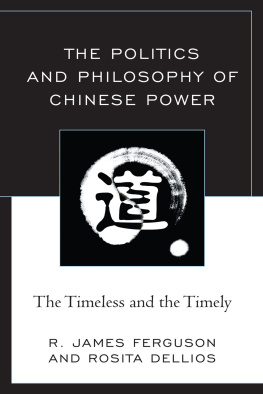


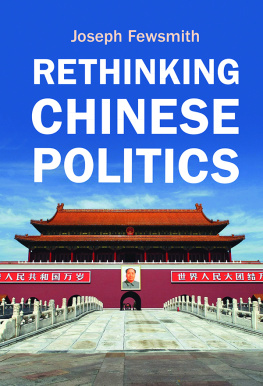
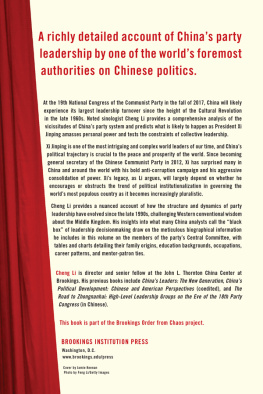
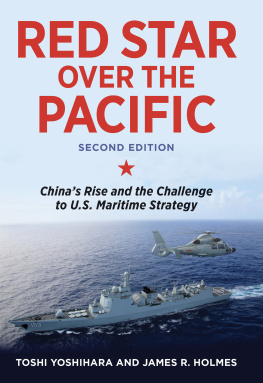
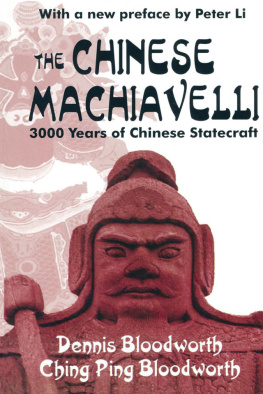
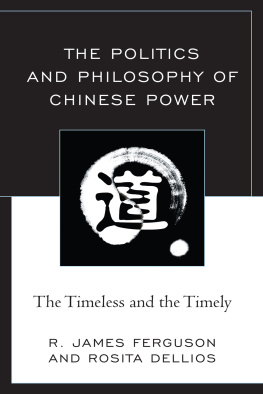
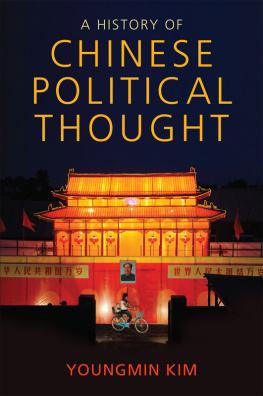
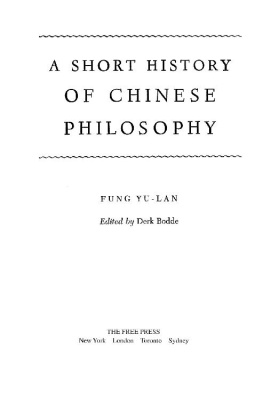
 The paper used in this publication meets the minimum requirements of American National Standard for Information SciencesPermanence of Paper for Printed Library Materials, ANSI/NISO Z39.48-1992.
The paper used in this publication meets the minimum requirements of American National Standard for Information SciencesPermanence of Paper for Printed Library Materials, ANSI/NISO Z39.48-1992.